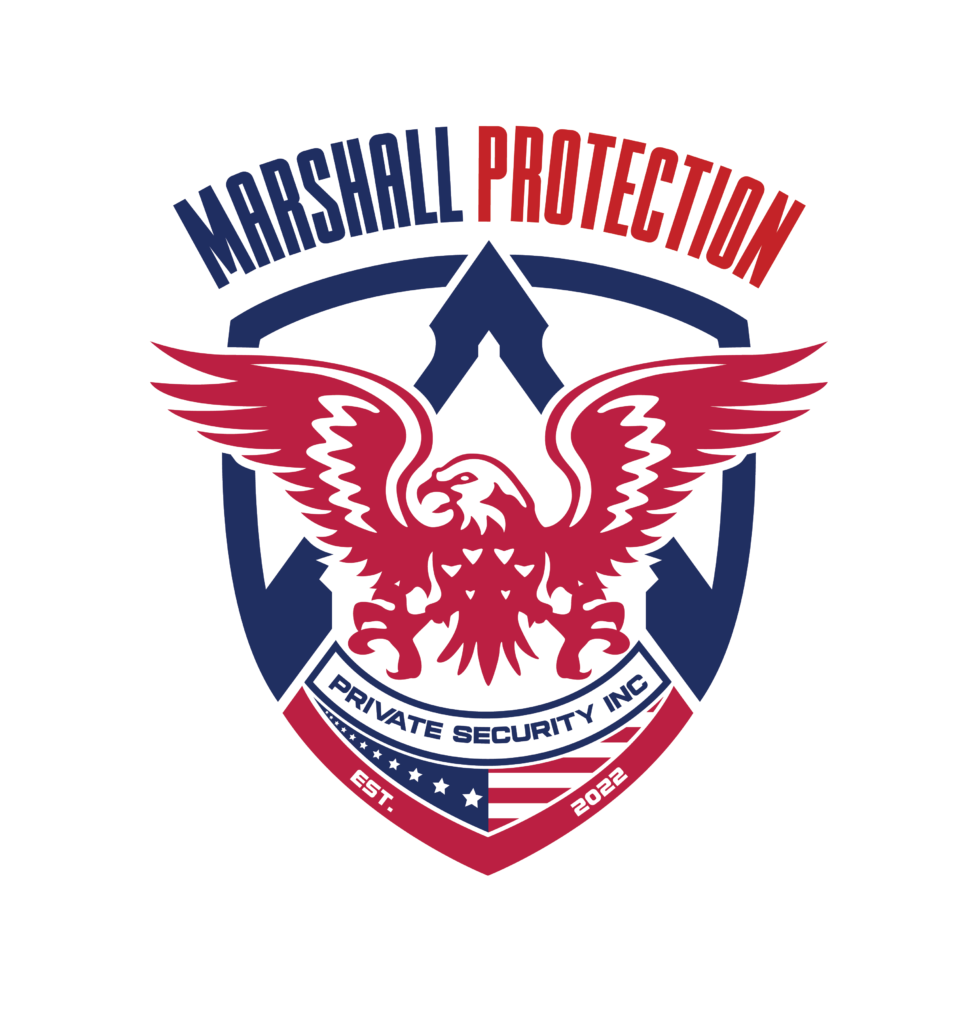Condos Apartment Drive Through
Observation and Recognition: Evaluate the guards’ ability to observe and recognize vehicles entering the premises. Assess their proficiency in identifying authorized residents, visitors, and delivery personnel, as well as detecting potential intruders or suspicious individuals.
Communication and Interaction: Observe the guards’ communication skills during interactions with residents, visitors, and delivery personnel. Assess their ability to convey security protocols clearly and professionally, and evaluate how they handle inquiries or requests for assistance.
Schools and Colleges
Observation and Vigilance: Assess the guards’ ability to maintain vigilant observation of the school or college premises. Evaluate their proficiency in identifying and addressing potential security threats, including unauthorized individuals, suspicious behavior, or safety hazards.
Access Control and Visitor Management: Evaluate the guards’ effectiveness in managing access to the school or college grounds. Assess their adherence to access control protocols, verification of visitor credentials, and enforcement of entry regulations to ensure the safety and security of students, staff, and visitors.
Emergency Response Preparedness: Test the guards’ response to emergency situations such as lockdowns, medical emergencies, or security breaches. Evaluate their ability to implement emergency procedures promptly, coordinate with relevant authorities, and ensure the safety and well-being of everyone on campus.
Armed Security
Firearm Proficiency: Assess the armed security personnel’s proficiency in handling and operating firearms. Evaluate their marksmanship skills, weapon handling techniques, and adherence to firearm safety protocols.
Threat Assessment and Response: Evaluate the armed security personnel’s ability to assess potential threats and respond effectively. Test their decision-making skills in high-pressure situations and their ability to de-escalate confrontations when possible.
Emergency Response Preparedness: Assess the armed security personnel’s readiness to respond to emergencies such as active shooter incidents, terrorist threats, or other critical incidents. Evaluate their knowledge of emergency response protocols and their coordination with law enforcement agencies.
Construction site security
Site Surveillance: Assess the security personnel’s ability to conduct vigilant surveillance of the construction site to deter unauthorized access, vandalism, and theft.
Access Control: Evaluate the effectiveness of security personnel in controlling access to the construction site, ensuring that only authorized personnel and vehicles enter the premises.
Equipment Protection: Assess the security personnel’s efforts in safeguarding construction equipment, materials, and tools from theft or damage.
Incident Response: Evaluate the security personnel’s response to incidents such as trespassing, theft, or safety hazards on the construction site, ensuring prompt and appropriate action is taken.
Communication Skills: Assess the security personnel’s ability to communicate effectively with construction workers, contractors, and visitors regarding site security protocols and safety regulations.
Reunions & Family Events
Access Control: Assess the effectiveness of security personnel in managing entry points and verifying the identity of attendees to ensure only authorized individuals enter the event.
Crowd Management: Evaluate the security personnel’s ability to monitor crowd flow, prevent overcrowding, and address any disturbances or conflicts that may arise during the event.
Asset Protection: Assess efforts to safeguard valuables, gifts, and personal belongings of attendees from theft or loss during the event.
Emergency Response: Evaluate the readiness of security personnel to respond to emergencies such as medical incidents, disturbances, or evacuations, ensuring the safety and well-being of attendees.
Communication Skills: Assess the ability of security personnel to communicate effectively with event organizers, attendees, and emergency responders to coordinate security measures and address concerns.
Professionalism: Ensure that security personnel maintain a professional demeanor and provide courteous assistance to attendees while enforcing event security protocols.
Parking Lot Control
Vehicle Monitoring: Assess the effectiveness of security personnel in monitoring vehicles entering and exiting the parking lot to prevent unauthorized access and identify suspicious behavior.
Parking Space Management: Evaluate the ability of security personnel to ensure orderly parking and optimize the use of available parking spaces, preventing congestion and maximizing efficiency.
Traffic Flow Management: Assess efforts to manage traffic flow within the parking lot, including directing vehicles to available parking spaces and facilitating smooth entry and exit.
Safety Measures: Evaluate the implementation of safety measures such as speed limits, pedestrian crossings, and signage to ensure the safety of pedestrians and vehicles within the parking lot.
Security Patrols: Assess the frequency and effectiveness of security patrols to deter theft, vandalism, and other criminal activities in the parking lot.
